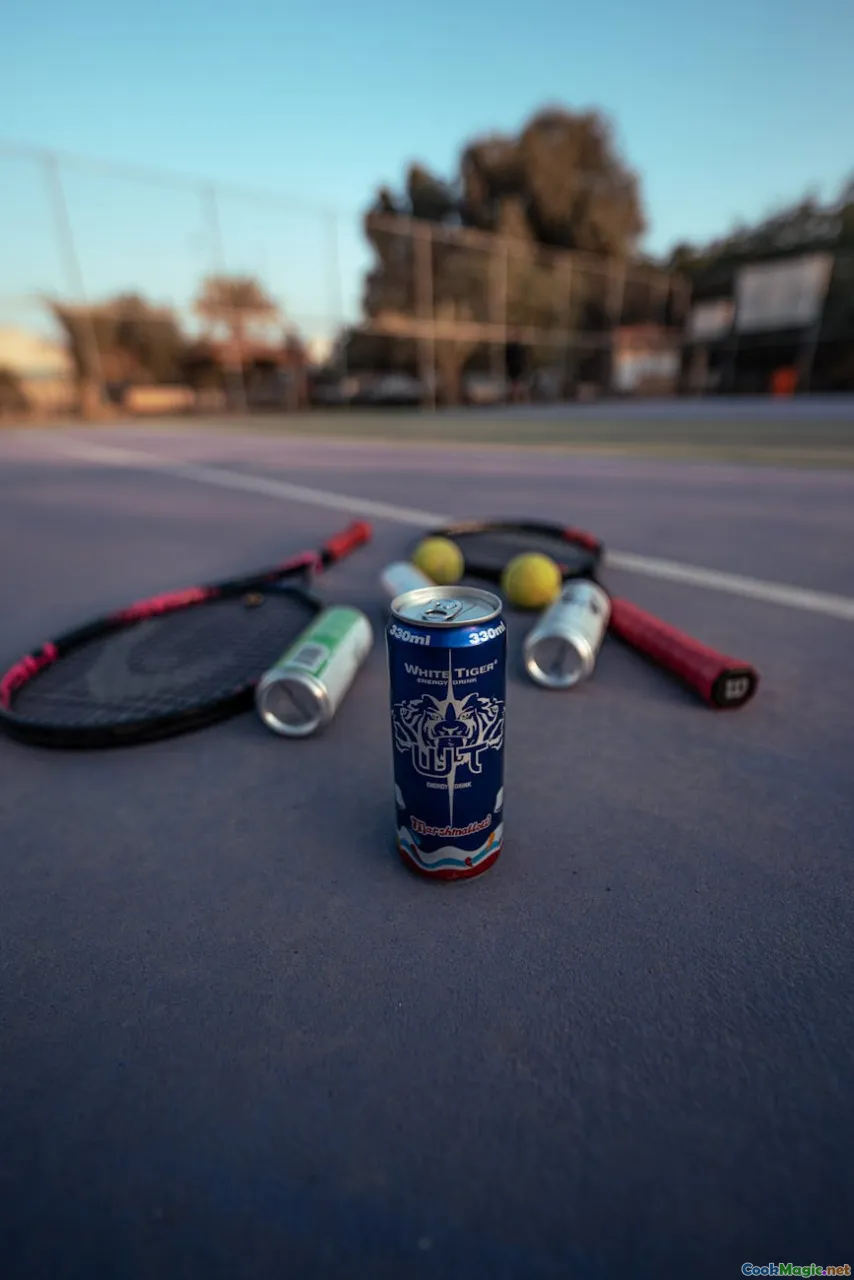The Impact of Caffeine on Athletic Performance
5 min read Discover how caffeine enhances athletic performance and its effects on endurance, strength, and mental focus. April 15, 2025 03:45
The Impact of Caffeine on Athletic Performance
Caffeine is one of the most widely consumed psychoactive substances in the world, found in coffee, tea, energy drinks, and various supplements. For athletes, caffeine has become a popular ergogenic aid—substances that enhance physical performance. This article explores the multifaceted impact of caffeine on athletic performance, examining its effects on endurance, strength, and mental focus.
Caffeine and Endurance
One of the most significant benefits of caffeine consumption is its ability to improve endurance. Research shows that caffeine can enhance performance in endurance sports like running, cycling, and swimming. The primary mechanism is believed to be the increase in adrenaline levels, which helps mobilize fatty acids from fat tissues, making them available for energy. This process spares glycogen stores, allowing athletes to sustain their performance for longer periods.
A Study to Note
A meta-analysis of multiple studies conducted by the Journal of Sports Medicine concluded that caffeine can improve endurance performance by about 3-4%, a substantial margin, especially in long-distance events. The optimal dosage appears to be around 3-6 mg of caffeine per kilogram of body weight, taken 30-60 minutes before exercise.
Caffeine and Strength
While caffeine is well-known for its benefits in endurance sports, its effects on strength training are equally noteworthy. Studies have shown that caffeine can enhance muscle strength and power output. This is particularly beneficial in high-intensity, short-duration activities like weight lifting or sprinting.
Mechanism of Action
Caffeine increases the release of calcium ions from the sarcoplasmic reticulum (the storage site within muscle cells), leading to improved muscle contraction. As a result, athletes may experience a greater capacity to lift heavier weights or perform more repetitions, ultimately leading to improved strength gains over time.
Caffeine and Mental Focus
In addition to its physiological effects, caffeine is renowned for its ability to improve mental alertness and focus. For many athletes, the psychological aspect of competition is just as crucial as physical performance. Caffeine can reduce the perception of effort during exercise, making it feel easier and enhancing motivation.
The Impact on Reaction Time
Caffeine has also been shown to improve reaction time, a vital component in many sports. Faster reaction times can significantly impact performance in sports like basketball, soccer, and tennis, where quick decision-making is essential.
Considerations for Caffeine Use
While caffeine can offer numerous benefits, it is essential for athletes to consider individual tolerance levels and potential side effects. Some individuals may experience jitters, anxiety, or gastrointestinal distress when consuming caffeine, which can hinder performance rather than enhance it.
Timing and Sources
The timing of caffeine consumption plays a crucial role in its effectiveness. Consuming caffeine about 30-60 minutes before performance can optimize its benefits. Moreover, athletes should choose their caffeine source wisely: coffee, tea, and energy gels are popular options, but it’s essential to be wary of added sugars in some energy drinks.
Conclusion
Caffeine remains a powerful tool in the arsenal of athletic performance enhancers. From improving endurance and strength to sharpening mental focus, its benefits are well-documented. However, athletes should approach caffeine with mindfulness, considering their unique responses and optimizing their intake for maximum benefit. With the right strategy, caffeine can help athletes achieve their personal best, pushing the boundaries of what is possible in sports.









